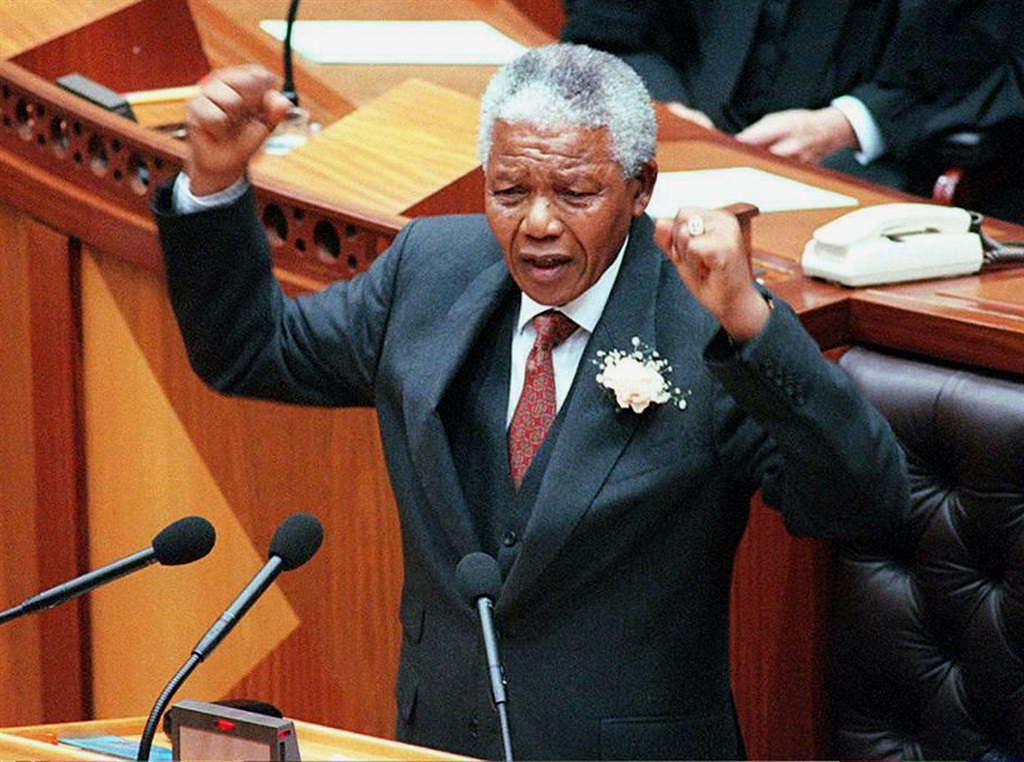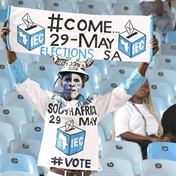
The first state of the nation address (Sona) that I personally attended in physical form was none other than the one given by South Africa’s first president of the democratic era, Nelson Mandela, a good 28 years ago. I remember it as one of the proudest moments in the country.
In its rather formative state, it served as the historical confirmation that apartheid, with its atrocities inflicted in particular on the majority of the black population of the country, was no more. That Sona, in my opinion, was its ultimate burial ceremony.
With the audience already seated in the National Assembly on May 24 1994 at exactly 11am, president Mandela strolled into the hall, tailed by, among others, an imbongi (praise singer) who was doing a recital in isiXhosa to the rapturous, spontaneous cheering and ululation from members in the audience.
It was a moment to revel in, once more assuring the country that there was a new sheriff in town, so to speak.
READ: South Africa under Ramaphosa is a disaster - Steenhuisen
To the uninitiated, the Sona provides a platform for the incumbent president to reflect on the performance from the previous year(s) while also outlining plans, programmes and actionables for coming ones.
It has also been a tradition for presidents to make groundbreaking announcements during this important annual address, with the whole country as the captive audience.
For instance, in the last Sona of the apartheid Parliament, held on February 2 1990, president FW de Klerk announced the forthcoming release of the then-prisoner at Robben Island, Mandela.
Madiba, as he was affectionally known, was subsequently released nine days later on February 11 1990.
South Africa had finally arrived and wanted to exhibit to the rest of the outside world that it was enjoying the fruits of its newly found freedom and democracy.
The beginning of the end to the honeymoon period of the Mandela and Mbeki years happened abruptly with the change of guard at Polokwane in December 2007.
This was at the 52nd National Conference of the ANC where Jacob Zuma unexpectedly upended Mbeki with 60.75% of the votes.
It did not take long for the new regime under president Zuma to initiate radical changes in the quest to assert itself. One of the casualties became the Sona where a change of time was made from 11am to the evening at 7pm.
READ: Hlengani Mathebula | Ramaphosa's three-headed monster
This break in tradition resulted in the delivery of the first evening Sona in February 2010.
One of the main reasons, according to the department of government communications at the time, was to enable all South African citizens, especially workers and students to listen on radio or watch live on television in the comfort of their own homes.
As one head honcho of the department hollered at the time as justification for the decision:
The die, so to speak, was cast and the nation was then expected to sacrifice newscast and soapies, including Generations, Rhythm City, Isidingo, Muvhango and 7de Laan, among other favourites, for the evening and give their undivided attention to the Sona, while probably risking being choked on their early dinner.
The Ramaphosa regime, which is notorious for being averse to change, happily continued with the tradition unhinged, so to speak. That was until electrical power failures became more of a regular painful reality.
It is made even worse that our current president, while he was the deputy president during the Zuma era, was assigned to chair a structure with the intimidating name of the war room. This was in 2015 when load shedding once more reared its ugly head.
Probably the warmongers in the war room capitulated and surrendered or turned around and fled because the enemy that is load shedding is still with us.
* Maisela is a freelance columnist and published author of four books.




 Publications
Publications
 Partners
Partners









